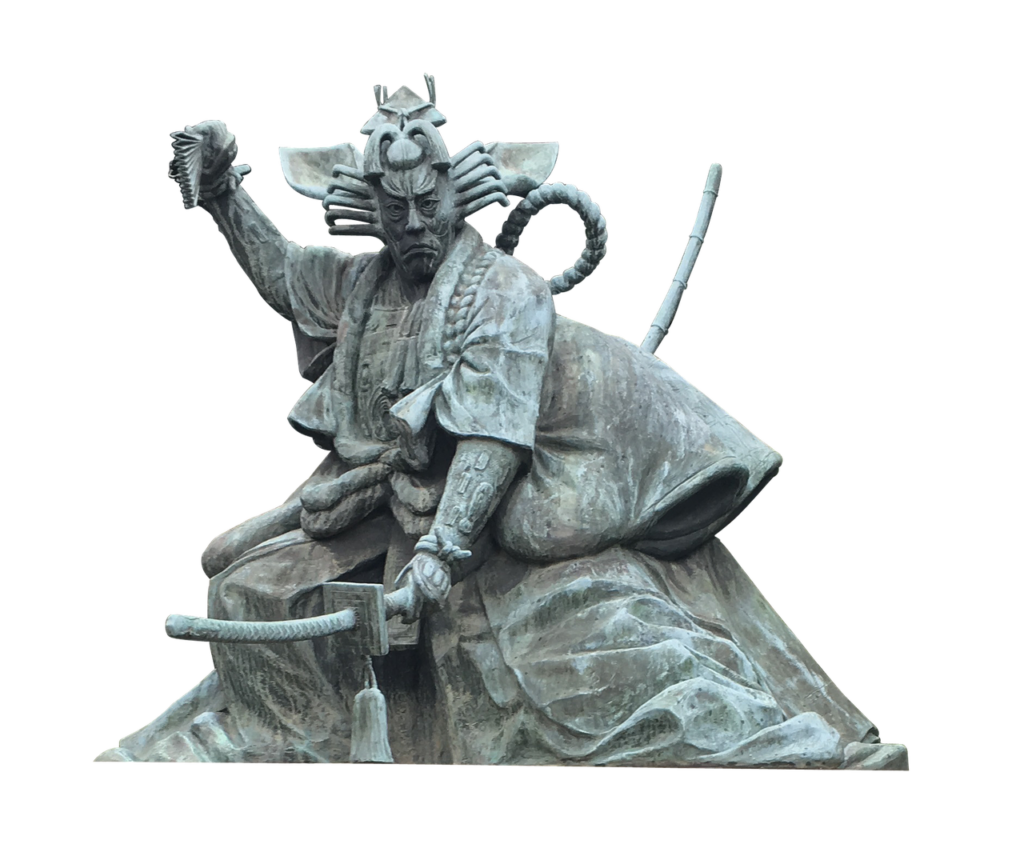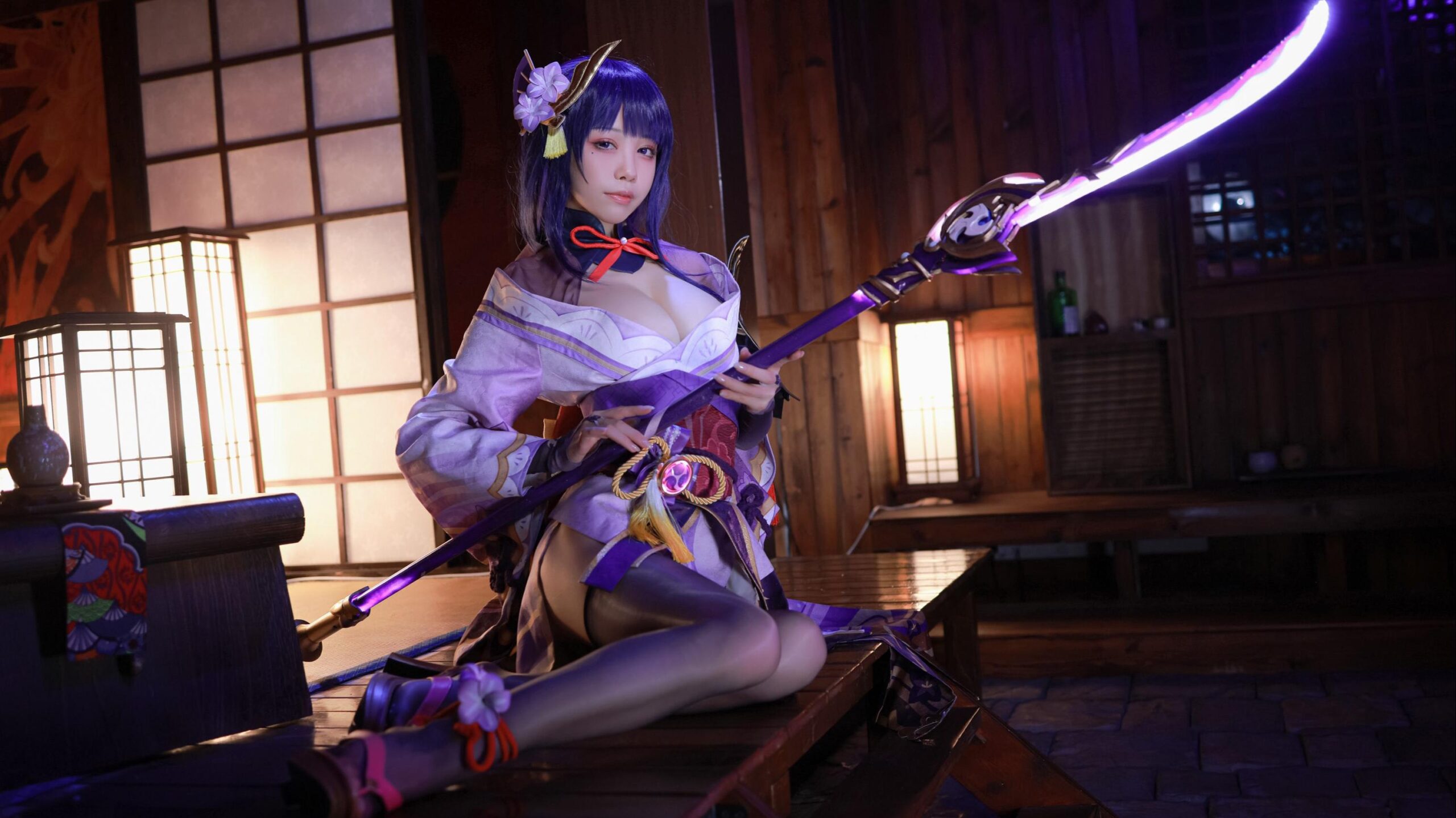Article: Exploring the Fascinating Realm of Shogun Culture – Shogun culture stands as a captivating chapter in Japan’s rich history, symbolizing power, honor, and tradition. Originating in feudal Japan, the Shogunate era left an indelible mark on Japanese society, influencing governance, arts, and the very essence of Japanese identity.
Article: Exploring the Fascinating Realm of Shogun Culture

Introduction to Shogun Culture
In the intricate tapestry of Japan’s history, the era of the Shogunate emerges as a defining period. Rooted in the feudal system of medieval Japan, the Shogun culture was characterized by the dominance of military leaders known as “shoguns.” These figures wielded immense power, shaping the course of Japanese history for centuries.
Origins of Shogunate
To comprehend the essence of Shogun culture, one must delve into the turbulent landscape of feudal Japan. Emerging amid the chaos of civil war, the Shogunate found its roots in the rise of the samurai class. These skilled warriors, bound by a code of honor known as Bushido, pledged allegiance to their feudal lords, laying the groundwork for the hierarchical structure of Shogunate rule.
Role and Power of the Shogun
At the heart of Shogun culture stood the figure of the shogun, a supreme military commander endowed with political authority. Beyond leading armies into battle, the shogun governed with an iron fist, wielding power over land distribution, taxation, and law enforcement. Under the shogunate’s centralized rule, Japan experienced a period of relative stability and prosperity.
Samurai in Shogun Culture
Central to the ethos of Shogun culture were the samurai, esteemed warriors who embodied the virtues of loyalty, honor, and self-discipline. Guided by the code of Bushido, samurai adhered to strict principles of conduct, placing duty and sacrifice above personal gain. This unwavering commitment to honor permeated every aspect of Shogun society, shaping its values and ideals.
Shogunate Governance
The governance structure of the Shogunate was deeply entrenched in feudal hierarchy, with power emanating from the shogun and trickling down through a complex network of daimyo, or feudal lords. Beneath them, a sprawling bureaucracy oversaw the administration of justice, taxation, and public works, ensuring the smooth functioning of Shogunate rule.
Cultural Influence of the Shogunate
Beyond its military and political significance, the Shogunate era left an indelible mark on Japanese culture. Flourishing under the patronage of the samurai elite, the arts thrived, giving rise to exquisite forms of expression such as tea ceremony, flower arranging, and Noh theater. Moreover, the spread of Zen Buddhism during this period profoundly influenced the spiritual and philosophical landscape of Japan.
Decline of the Shogunate
Despite its formidable legacy, the Shogunate faced challenges from external forces, particularly the incursion of Western powers seeking to open Japan to trade. This clash of civilizations precipitated the decline of the Shogunate, ultimately culminating in the Meiji Restoration and the end of feudal rule. The once-isolated island nation embarked on a path of modernization, embracing Western ideas and institutions.
Legacy of Shogun Culture
Although the era of the Shogunate has long passed, its legacy endures in the fabric of modern Japan. From the enduring influence of Bushido ethics to the preservation of historical sites and artifacts, Japan continues to honor its Shogun heritage. Moreover, efforts to promote cultural exchange and education ensure that future generations appreciate the profound impact of Shogun culture on Japanese identity.
Conclusion
In conclusion, Shogun culture stands as a testament to the resilience and spirit of Japan’s past. Through its intricate tapestry of martial prowess, artistic refinement, and spiritual enlightenment, the Shogunate era continues to captivate the imagination of scholars and enthusiasts alike. As Japan marches forward into the future, it does so with reverence for its storied past, ensuring that the legacy of the Shogunate remains an integral part of its national identity.
FAQs
- What defined the role of the shogun in Shogun culture?
- The shogun served as both a military leader and political authority, wielding power over governance and law enforcement.
- How did the code of Bushido influence samurai conduct?
- Bushido dictated strict principles of loyalty, honor, and self-discipline, shaping the behavior and values of samurai warriors.
- What factors contributed to the decline of the Shogunate?
- External pressures, including Western encroachment and internal strife, played a significant role in the downfall of the Shogunate.
- What cultural legacies did the Shogunate era leave behind?
- The Shogunate era influenced various aspects of Japanese culture, including the arts, philosophy, and spiritual practices.
- How does Japan commemorate its Shogun heritage today?
- Japan preserves its Shogun heritage through the conservation of historical sites, promotion of cultural education, and celebration of traditional arts and rituals.




